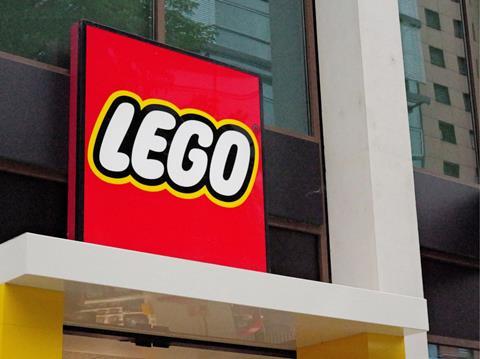
LEGO has announced that over half (56%) of the packing lines it uses to package its bricks have transitioned away from single-use plastic bags and are now using recyclable, FSC-certified paper-based alternatives
As things stand, 93% of LEGO’s packaging is currently made from cardboard, paper or other paper-based, recyclable materials. In its independent research, the company found that 81% of children say they take an interest in recycling, while 80% say they care about reducing waste.
Five LEGO factories are currently used to pack the company’s iconic bricks in paper-based packs. LEGO says that its factories in China and Vietnam have already mostly completed the transition to paper-based packaging lines, while the same process will be finalised across its remaining factories in Mexico in 2027 and Hungary and the Czech Republic in 2026.
Commenting on the progress of this scheme, the company’s VP of R&D packing and packaging, Jesper Toubøl, says: “We are on an ongoing continuous improvement journey. Once the roll out of bags is complete, we’ll explore ways to enhance and continue to make the bags, and the building experience they offer children and families, ever better.”
In a recent article, we took a closer look at LEGO’s packaging sustainability report, in which it clearly signalled its intention to move towards paper-based packs.
Paper packets are now used to deliver bricks in sets, in-store shoppers are given fibre-based bags and containers, and 100% paper packs have been selected for e-commerce deliveries.
Elsewhere though, the company noted that although it plans to completely embrace paper-based bags, it has concerns that these materials could rip or become damaged in transit – meaning that a thin plastic coating would still be included on the inside for sealing and product protection.
If you liked this story, you might also enjoy:
The ultimate guide to the Packaging and Packaging Waste Regulation in 2025
How are the top brands progressing on packaging sustainability?
Everything you need to know about global packaging sustainability regulation in 2025
The key to increasing the use of reusable packaging in supermarkets















No comments yet